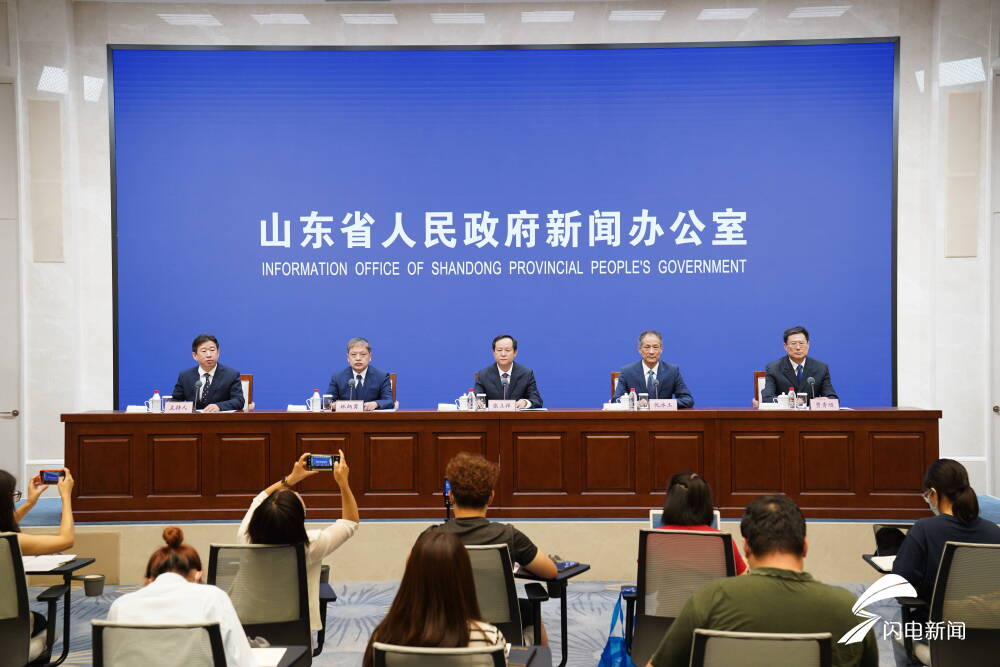Alzheimer's disease can't be cured anyway, is it just not cured?Listen to what the doctor says
Author:Hunan Medical Chat Time:2022.09.21
Grandma Chen, 70, had a decline in memory and personality changes 4 years ago.
In the two districts of the cerebrovascular nerve in the hospital, she was also diagnosed with Alzheimer's disease.

It turned out that Grandma Chen's sister had been diagnosed with Alzheimer's disease, so the family knew the disease more. Grandma Chen and their family members were very good. They insisted on taking medicine after the diagnosis and retracted regularly.
The patient's husband is also very patient to take the patient to take a walk and communicate with others every day to encourage him to continue dancing. Most of the patients can still take care of themselves.
During the 4 years, Grandma Chen had a mental symptom of dementia for a while. She was suspicious and had the phenomenon of fighting her husband. The family members took the patient to treat the treatment and insist on taking the medicine. Symptoms.
The old couple resumed her husband and women's life again.
Many people think that Alzheimer's disease is not good anyway, and he simply does not treat it.
In fact, the purpose of Alzheimer's disease treatment is to maintain the health and quality of life as much as possible, and reduce the burden on the caregiver.
Although the condition will eventually progress, patients who insist on treatment will have a significant quality of life than patients who do not treat. For example, a patient who confirmed and insisted on treatment may be able to communicate with your family in 3-4 years. Simple life can be available for life. Self -reliance.
If it is not treated, the patients may have suffered incontinence, noisy running, etc. at this time. Such patients are torture.
The typical Alzheimer's disease was mainly manifested in the early period of time. For example, I do n’t remember the content of the phone just after answering the phone. I do n’t remember to get vegetables after buying.
However, because the remote memory of early patients is relatively reserved, such as always mentioning things many years ago, the family will feel that the patient's memory is good and delayed the diagnosis and treatment.
Other performances are relatively more difficult to detect, such as the decline in learning ability. For example, the family bought a new phone for the elderly. A few functions have been taught many times, but the elderly will still not use it. At this time What can you do, in fact, be wary of dementia.
There is also a decline in attention and interest. For example, the elderly love to play chess or play mahjong before, and now the elderly cannot sit down for a long time to complete these hobbies.

Mild symptoms: Mainly memory disorders, and then have character changes, do not like cleaning, and selfishness.
Moderate symptoms: Memory disorder continues to worsen, remote memories, and friends who cannot know for many years and even family members. Speech expression decreased and could not speak meaningful and coherent sentences. Can't find a toilet at home and urinate everywhere.
Severe symptoms: Life cannot be taken care of at all, and even activities need to be urged, otherwise a series of complications will appear in bed all day.
The treatment of Alzheimer's disease is mainly drug treatment and comprehensive therapy for patients with mild moderate. The drugs include commonly used choline inhibitors and NMDA receptor antagonists, such as Donaiki and US King Kong.
There is also the 2019 domestic new drug Gagline capsule; comprehensive therapy includes exercise therapy (such as jogging, Tai Chi), cognitive rehabilitation, physical therapy, such as repeated passenger magnetic stimulation, sensory art therapy, Chinese medicine acupuncture therapy.
For patients with mild moderate, the significance of nursing is greater than treatment, urging activities, anti -falling beds, anti -pressure damage, anti -burns, and anti -food suffix.

The prevention of Alzheimer's disease is roughly summarized as the following three aspects:
The first is to control the three highs (hypertension, diabetes, hyperlipidemia), quit smoking limit alcohol, Mind diet (whole valley, vegetables and fruits, nuts, fish and poultry, olive oil);
The second is to maintain learning. Whether young people or elderly people, learning to improve knowledge reserves is conducive to reducing the risk of Alzheimer's disease.
The third is to actively treat related diseases such as vision disorders (cataracts), hearing impairment, long -term insomnia, depression, etc.
(Edit Rainbow. Picture source network, invading deletion)
Special Author of Hunan Medical Chat: Zhou Nina, two districts in the neuropathy of cerebrovascular disease in Hunan Province
Follow@关 关 关 关@@关 关 关 关 关!
- END -
Shandong will focus on promoting cross -border extensions in the fields of traditional Chinese medicine to Kangyang Tourism and other fields to accelerate the construction of a new pattern of integration and development of "Chinese medicine+"

Qilu.com · Lightning News, July 7th. This afternoon, the Shandong Provincial Gove...
Self -check!These 17 batches of medicines do not meet the requirements

After inspection by 4 pharmaceutical inspection institutions such as Hubei Pharmac...